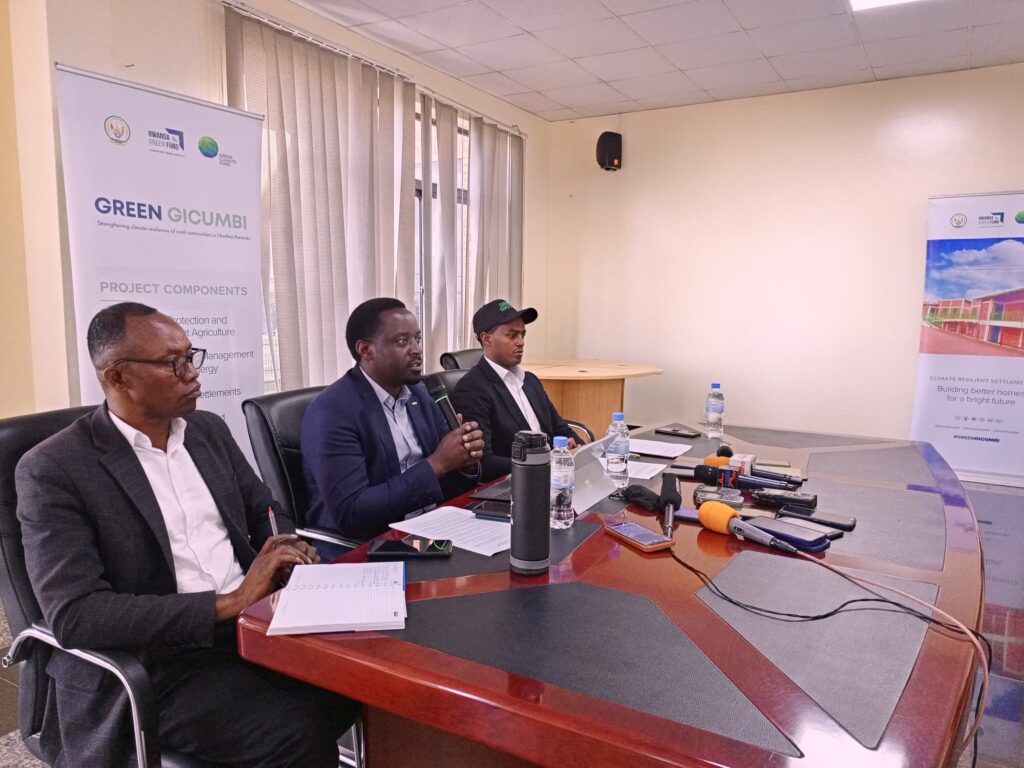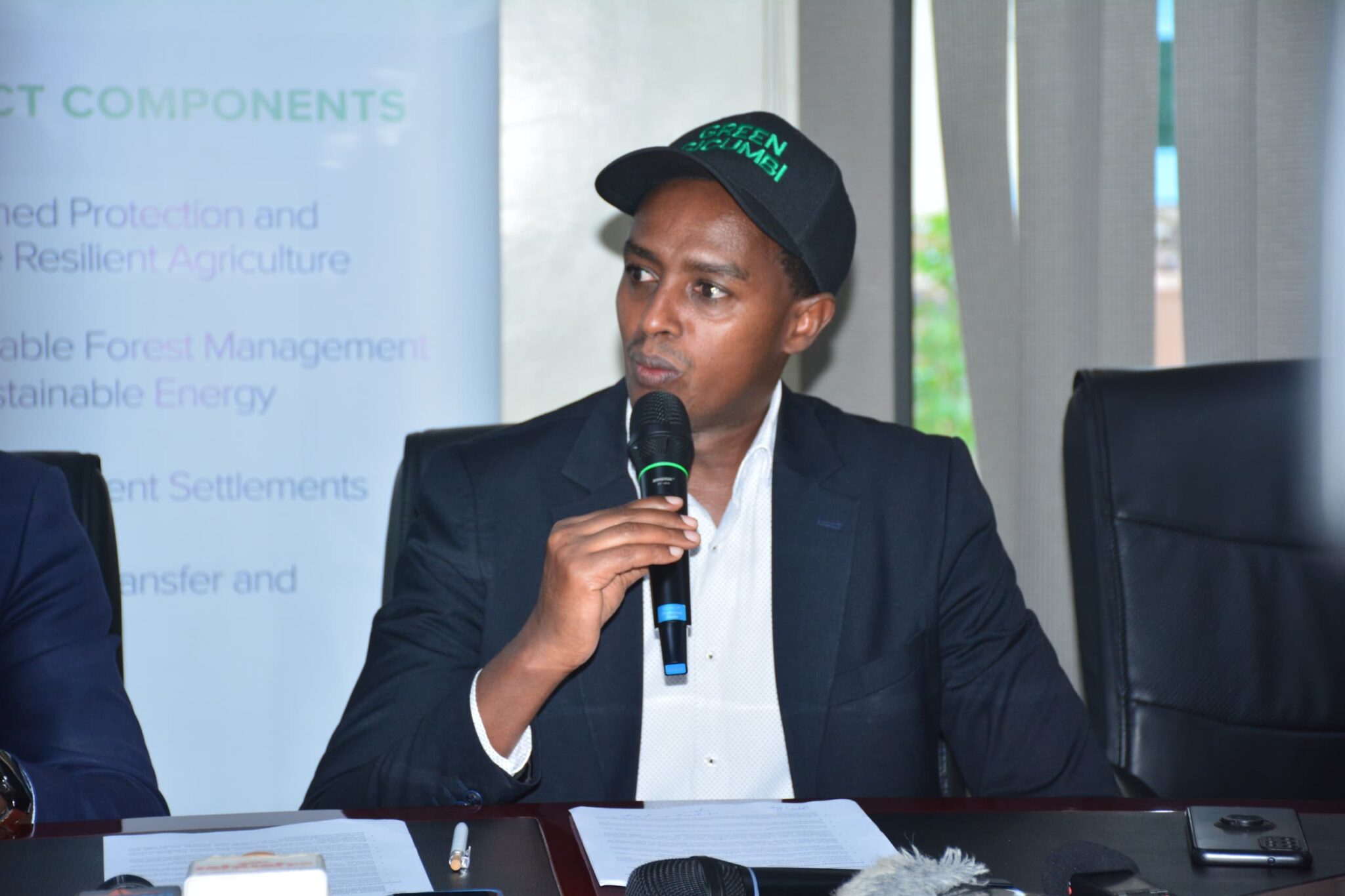Gicumbi District has made significant strides in addressing and preparing for the consequences of climate change over the last five years, primarily because of the Green Gicumbi Project.
The initiative, which was implemented across nine sectors of the District, has achieved a number of objectives, including environmental protection, the promotion of climate-resilient housing, and a significant emphasis on community education to foster new attitudes toward disaster preparedness.
One of the project’s major accomplishments has been the rehabilitation of forests spanning 2,050 hectares, where citizens were encouraged to plant trees at no charge.
They also received agroforestry trees to promote sustainable farming. Community awareness events taught people the necessity of responsible forest management and avoiding random firewood collection, which adds to air pollution.
To counteract soil erosion and increase agricultural output, the project built progressive terraces on 600 hectares and dug over 3,000 drainage ditches to channel rainwater and prevent land degradation.
These initiatives were aided by attempts to safeguard the Muvumba watershed, a critical water source in the region.
100 families were relocated to two contemporary communities constructed with climate-resilient standards as part of an endeavor to transfer vulnerable populations residing in high-risk areas. The homes support sustainable, safe living conditions and integrate green technologies.
Along with training local communities on climate-smart agriculture techniques for food security and environmental conservation, the project also conducted extensive knowledge-sharing activities and provided advice on safe settlement design.
At an event for journalists and stakeholders to examine the project’s accomplishments on June 2, 2025, leaders from a variety of institutions praised the job completed. Nzabonimpa Emmanuel, The Mayor of Gicumbi District
Nzabonimpa Emmanuel, The Mayor of Gicumbi District
Nzabonimpa Emmanuel, The Mayor of Gicumbi District, emphasized the robust involvement of local people and emphasized the significance of extending the project’s knowledge and advantages to the other 12 sectors that Green Gicumbi has not yet addressed.
Changing community attitudes was one of the initial significant hurdles, according to project manager Jean Marie Vianney Kagenza. The idea that old trees should be felled for fuel was widely held, but people were unaware of how this contributed to climate change. We had to clarify that we were working to address the climate crisis. We provided them with free assistance in restoring woods and even compensated them for their work. The change in perspective, however, takes time,” he remarked.
 Jean Marie Vianney Kagenza, Green Gicumbi Project Manager
Jean Marie Vianney Kagenza, Green Gicumbi Project Manager
In addition to aiding in environmental restoration, these initiatives gave locals new sources of income, he continued. Many saved money and invested in farming and cattle with the project’s profits, while others are now beekeeping to obtain honey from the restored woodlands. The improvements are genuine, palpable, and visible to everyone. All that is left is to maintain and expand upon them collectively.
Gicumbi was recognized as Rwanda’s second most climate-affected district back in 2018. The fact that it is no longer among those commonly affected by disasters shows how effective such programs can be.
The Green Gicumbi Project is anticipated to continue for another year, and local leaders reaffirm their resolve to keep spreading the word and looking for new ways to expand its advantages to all of the district’s towns.